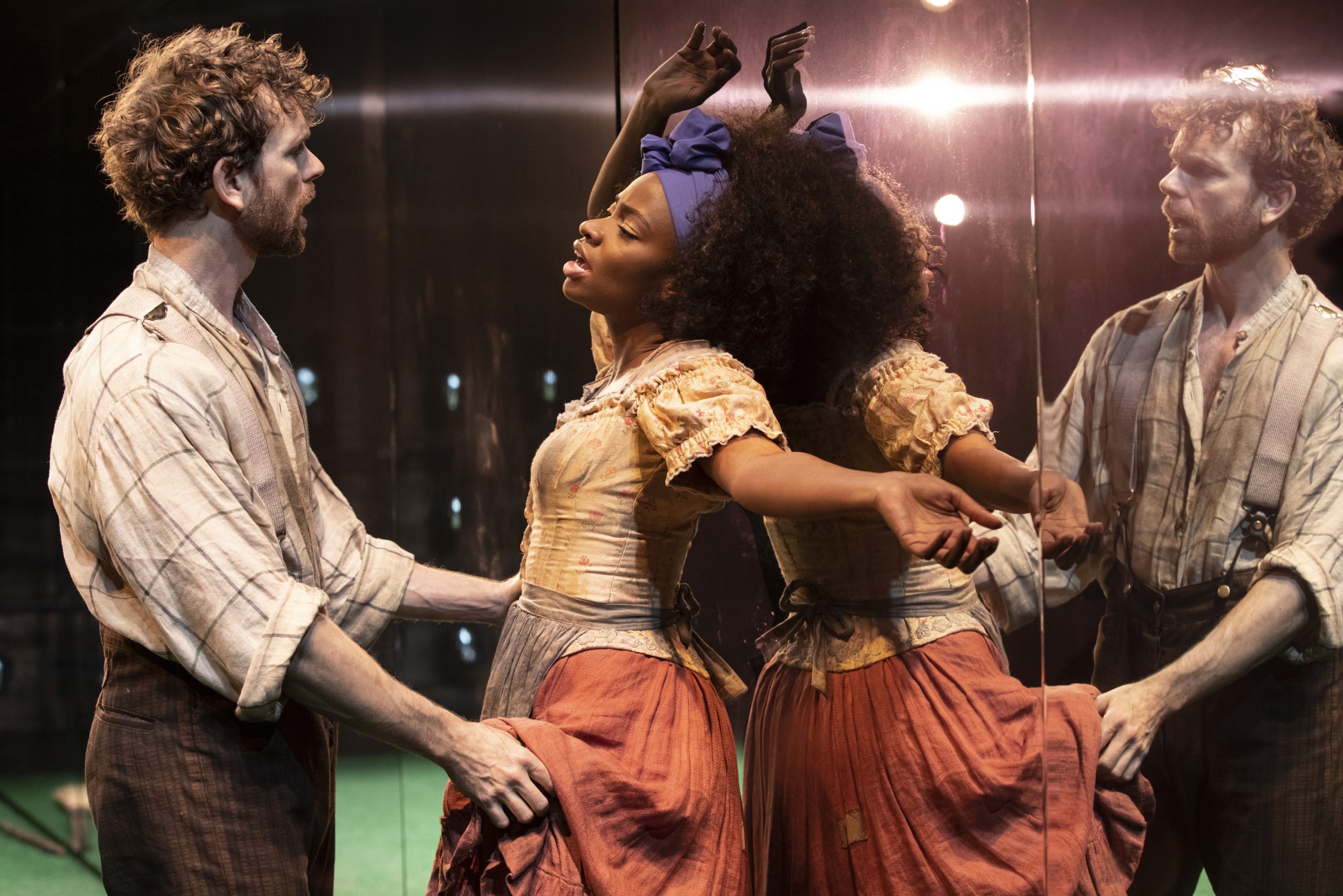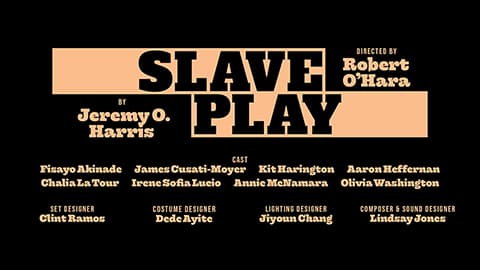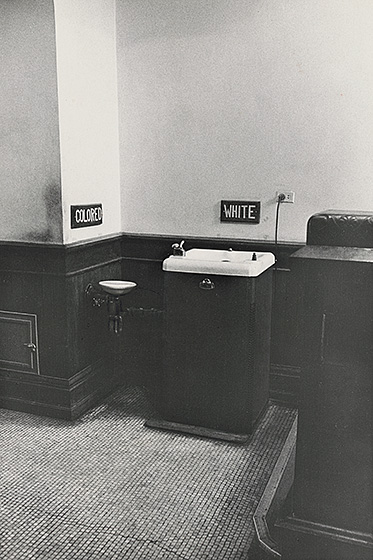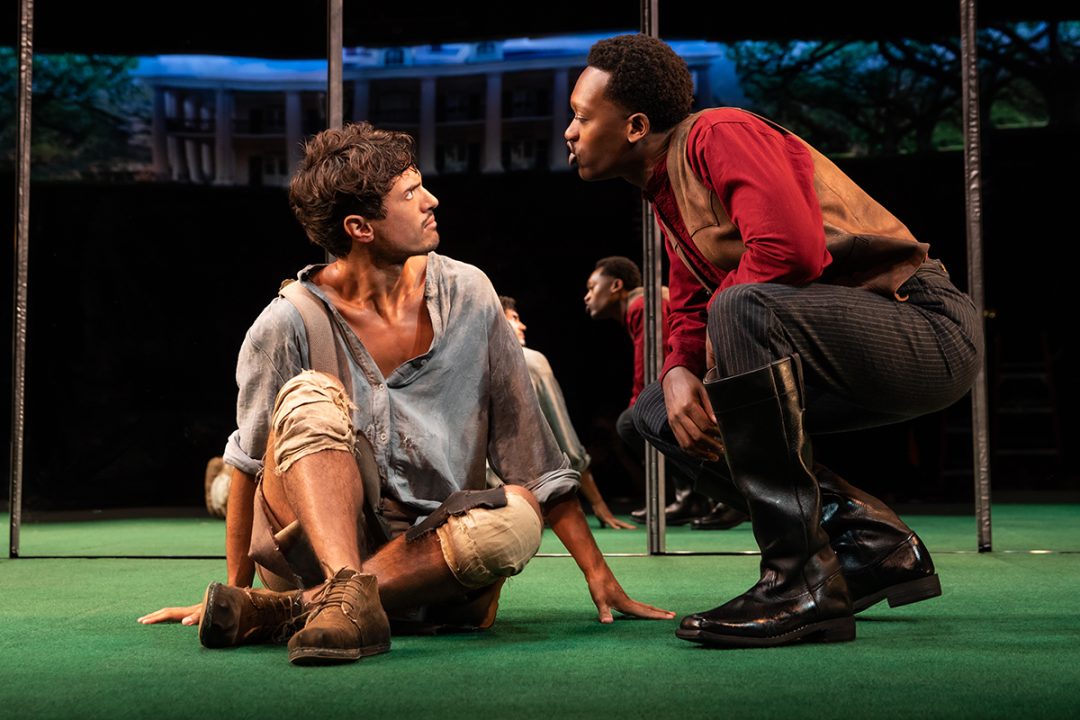There is a lot of comment among the chattering classes across the pond in Merry Ol’ England this morning, as Apartheid once again returns in a most unexpected place. Theaterland! A new West End play has allocated two nights for Black-only audiences to watch “free from the white gaze”.
Slave Play, written by American playwright Jeremy O Harris, will run at the Noël Coward Theatre in London from 29th June to 21st September and will co-star Kit Harington, best known for his role as Jon Snow in the HBO series Game of Thrones.

These nights are open to an “all-Black identifying audience” and tickets will only be sold to people who identify as black. Playwright Harris told the BBC Sounds podcast he was “excited” by the prospect, stating:
“It is a necessity to radically invite them in with initiatives that say, ‘You’re invited’. Specifically you.”
Before we all point and laugh at this happening in the UK, we should note that like all current-year insanity, it started on the university campuses of the US before going mainstream and then infecting the Western World. Following the widespread adoption of “Black Only” spaces at universities, the first so-called “Blackout” performances originated on Broadway in 2019 before theaters in LA and Boston followed suit.

They were required to carry out some maneuvers to remain legal. No one was turned away at the door to prevent lawyer-led action. Instead, these were invitation-only events in which tickets were only available for purchase using a special code sent to artists, student groups from local universities, Black-owned businesses, and civil rights organizations.
“Non-Black allies” were invited to attend performances during the run.
This occurred again in the US last year, when the Woolly Mammoth Theatre Company’s staging of Jordan Cooper’s Ain’t No Mo’ reserved performances for black-only audiences. According to Woolly’s Artistic Director Maria Manuela Goyanes:
“It prioritizes the needs of Black audience members to see and celebrate themselves in theater spaces, and process complex and timely questions about race and belonging; while in community and fellowship with each other, free from from the white gaze It also normalizes seeing Black people on stage and in the audience, because that’s not often the case in mainstream American theater. And, when I say ‘mainstream American theater,’ I’m speaking about predominantly-white institutions, of which Woolly is one.”
When this was discussed in the UK back when it happened in the US, many commentators spoke up in defense of the practice. Andrzej Lukowski, Theatre & Dance Editor of Time Out, said:
This is culture-wars bollocks from hack journalists entirely ignorant of how the arts work.
Nadia Fall of The Guardian also commented, publishing an article with the leader:
Black Out nights at the theatre are vital to centre and celebrate Black audiences.
The rest of us find ourselves wondering why this is all happening, driven on by people claiming to be progressive, when we thought we had made great strides in this area and already left this kind of thing behind us decades ago.








